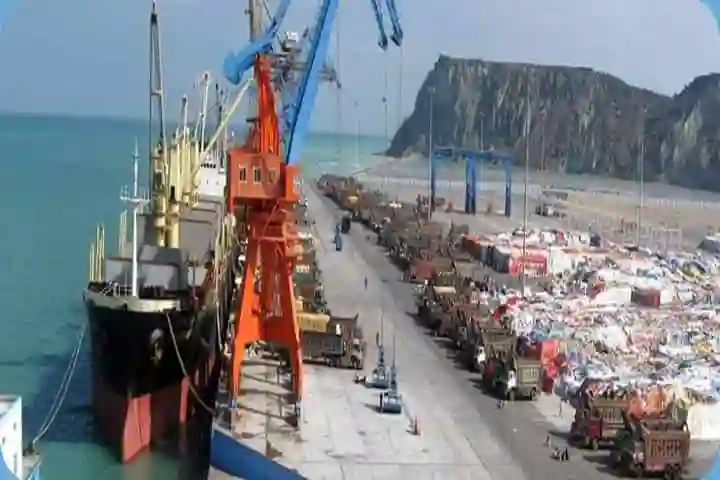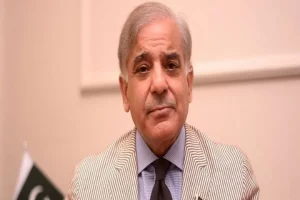The Pakistan government under Shehbaz Sharif is rushing to revive the laggardly China Pakistan Economic Corridor (CPEC) after Chinese President Xi Jinping urged Sharif to accelerate progress on the Gwadar port and other transport projects during their meeting in early November.
On Tuesday, Pakistan’s Planning Minister Ahsan Iqbal asked officials to speed up implementation of two major projects–railway project from Karachi to Peshawar, also known as Mainline-1, and the Karachi Circular Railway (KCR). The Karachi to Peshawar railway project is a big ticket investment under the CPEC.
Iqbal was conducting a review of the progress made on the $62 billion CPEC.
#Gwadar protests will cause the fraught China-Pak diplomatic relations to slide further. Beijing thinks Pak is not just irresponsible towards @CPEC_Official but also ineffective in managing #Baloch insurgency.@BBhuttoZardari @NaelaQuadri @JSherbaz @Bahot_Baluch @FaheemB16036397
— Rahul Kumar (@rahulkumarindia) November 22, 2022
The review of CPEC was necessitated due to two reasons–Xi’s displeasure over the stalled CPEC, and the CPEC’s 11th Joint Cooperation Committee (JCC) meeting consisting of officials of the two countries in which they decided to revive the moribund project with new investments and initiate a new phase.
The minister wants to speed up work on the Gwadar International Airport as well as Special Economic Zones which will allow the relocation of Chinese industry to Pakistan. The minister also asked the Pakistani embassy in Beijing to hold a follow-up with Chinese officials to discuss decisions taken during Sharif-Xi meeting and the JCC, reports The Tribune.
Sharif, who was the first head of government to meet Xi after the latter’s selection for an unprecedented third term, had focused mainly on reviving CPEC, funding raising for the beleaguered economy and asking Xi to roll over $6.3 billion in debt to be paid by June 2023. The two nations signed numerous memorandums of understanding (MoUs) during the China.
Xi also took up the opportunity to express discontent over the attacks on Chinese assets and nationals, particularly those working on CPEC.
This was the second reminder as the Chinese president had earlier urged Sharif at the 22nd Shanghai Cooperation Organisation (SCO) summit in Samarkand to provide “solid protection” to its citizens in Pakistan and protect Chinese businesses.
China feels that with Sharif in the saddle, it stands a good chance of reviving the CPEC despite its plethora of problems. Beijing is optimist also because it had initiated the mega project on April 20, 2015 when Nawaz Sharif was the Prime Minister.
There is a feeling that the project was put on the backburner by the Imran Khan government. Earlier this week Iqbal said as much, blaming Imran Khan’s party, Pakistan Tehreek-e-Insaf (PRI) for not initiating a single new scheme under the CPEC during his its four-year run. He added that had the Imran Khan government implemented CPEC properly, many jobs would have been created.
Despite the current government’s positivity around CPEC–which has economics at its heart as much as diplomacy at its soul, it may find the going tough. The Balochistan province remains a hotbed of conflict, Islamabad has no money to invest in CPEC and support for the government remains tenuous due to toxic national politics.
Also Read: CPEC: China’s multi-billion project in limbo as Pakistan inches closer to the West




















